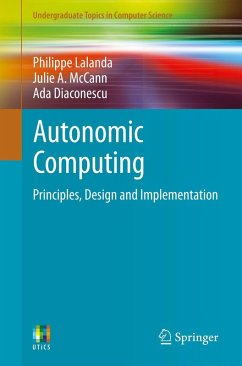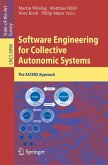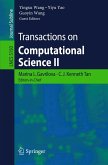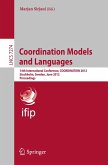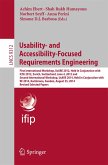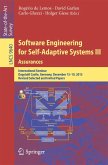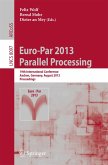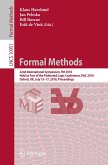Autonomic computing is changing the way software systems are being developed, introducing the goal of self-managed computing systems with minimal need for human input.
This easy-to-follow, classroom-tested textbook/reference provides a practical perspective on autonomic computing. Through the combined use of examples and hands-on projects, the book enables the reader to rapidly gain an understanding of the theories, models, design principles and challenges of this subject while building upon their current knowledge; thus reinforcing the concepts of autonomic computing and self-management.
Topics and features:
This concise primer and practical guide will be of great use to students, researchers and practitioners alike, demonstrating how to better architect robust yet flexible software systemscapable of meeting the computing demands for today and in the future.
This easy-to-follow, classroom-tested textbook/reference provides a practical perspective on autonomic computing. Through the combined use of examples and hands-on projects, the book enables the reader to rapidly gain an understanding of the theories, models, design principles and challenges of this subject while building upon their current knowledge; thus reinforcing the concepts of autonomic computing and self-management.
Topics and features:
- Provides a structured and comprehensive introduction to autonomic computing with a software engineering perspective
- Supported by a downloadable learning environment and source code that allows students to develop, execute, and test autonomic applications at an associated website
- Presents the latest information on techniques implementing self-monitoring, self-knowledge, decision-making and self-adaptation
- Discusses the challenges to evaluating an autonomic system, aiding the reader in designing tests and metrics that can be used to compare autonomic computing systems
- Reviews the most relevant sources of inspiration for autonomic computing, with pointers towards more extensive specialty literature
- Ideal for a 10-week lecture programme
This concise primer and practical guide will be of great use to students, researchers and practitioners alike, demonstrating how to better architect robust yet flexible software systemscapable of meeting the computing demands for today and in the future.
Dieser Download kann aus rechtlichen Gründen nur mit Rechnungsadresse in A, B, BG, CY, CZ, D, DK, EW, E, FIN, F, GR, HR, H, IRL, I, LT, L, LR, M, NL, PL, P, R, S, SLO, SK ausgeliefert werden.

